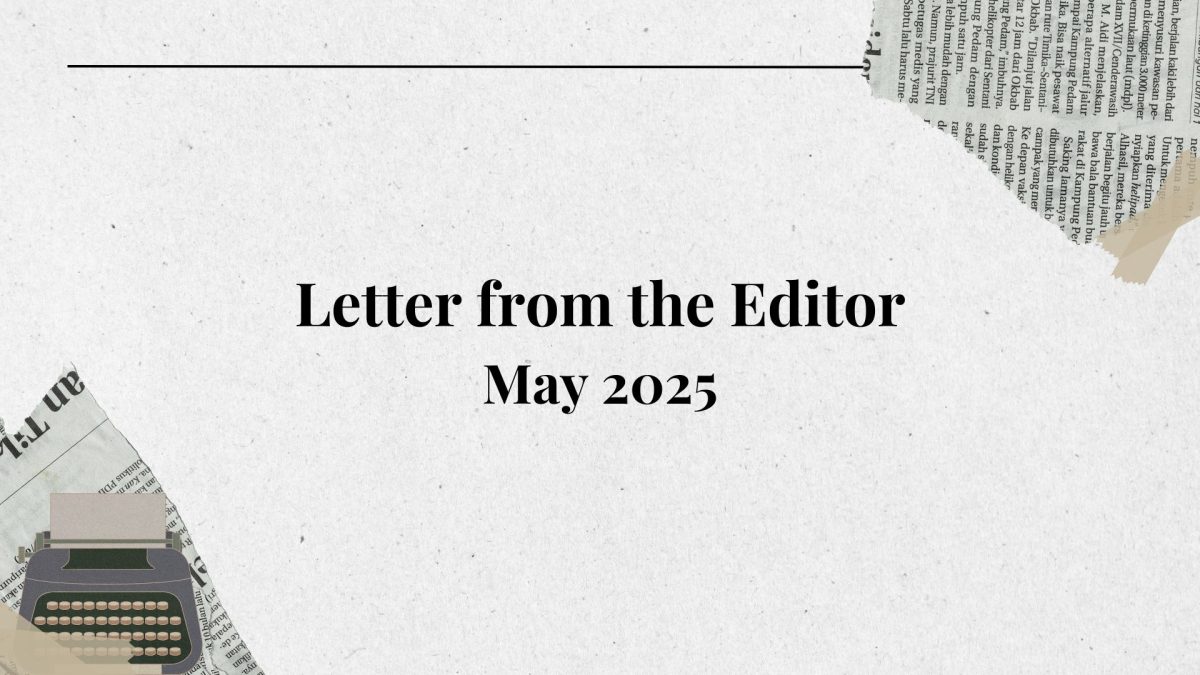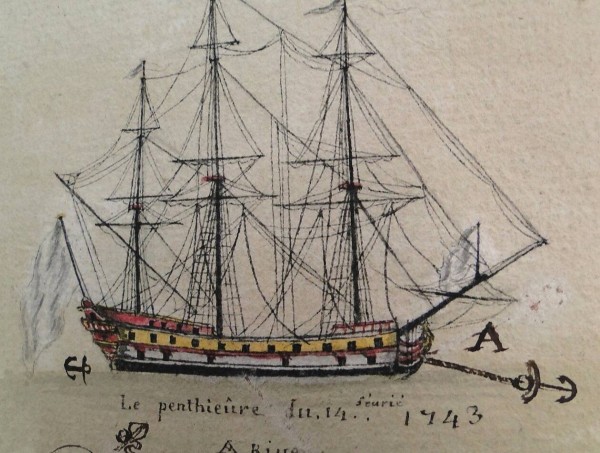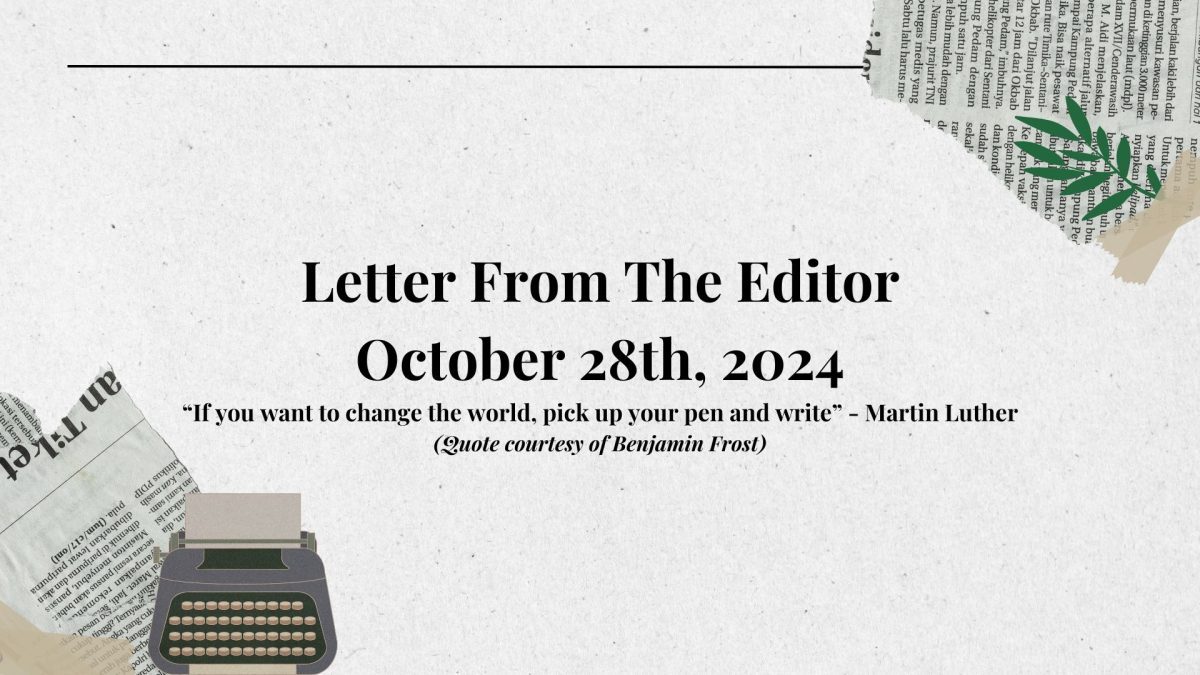It was roughly two years ago when I heard about the blue moon. I was having dinner at a restaurant with some friends while our parents were having their own dinner two tables away. We ate and talked as the sun disembarked from the skies and the plants outside the windows became strange shapes in the night. We had just seen a movie at the local theater and we were discussing it, when suddenly one of my friends said something along the lines of: “Yeah, today such movie jokes happen once in a blue moon.” I was confused by the wording. What did he mean by “blue moon?” At first, I thought I had misunderstood, because I had learned English for just half a year, and I still wasn’t altogether able to follow conversations. Yet, the expression was so clear in my mind that I realized I had actually heard it. I felt ashamed to ask; for me at that time, American culture was like a massive labyrinth with overlapping corridors of history and traditions, and I moved slowly, fearing to step on a trapdoor and make a bad figure. Later on, I googled the phrase, finding out that it was an idiom meaning “extremely rare.” That was my first contact with English-language idioms.
Idioms are expressions of figurative language common to a specific culture and language. Like similes and metaphors, they are not literal but employ images to make a point. Yet, while metaphors and similes can be constructed in an infinite number of ways and offer whole worlds of variety, idioms are shared and understood by most people in a language and are unchangeable. When mastering a foreign language, it is vital to also learn the idioms of that language. This is especially true when one aspires to become a writer. Idioms free one from mechanical rules and dry formulation, giving the writing the fluidity and ability to soar, characterizing native writing. For this reason, I have decided to dedicate this article to unraveling the secrets of four popular English (specifically American) idioms and provide the equivalent Italian ones, for while idioms are specific to one language, the messages they convey are universal,l and all languages have equivalent ones.
One idiom popularly associated with American English is “bite the bullet.” Idiomatically, the phrase means to hold tight through a negative experience. Specifically, it might mean accepting and enduring a condition imposed from outside. This phrase likely originated during the Civil War and other wars in the United States, where, according to soldiers’ lore, soldiers who had been wounded and needed surgery were forced to clench a bullet in their teeth as a form of anesthesia. Though today, people might bite the bullet for much more mundane reasons, like Chemistry homework. The corresponding idiom in Italian is very similar: “stringere i denti”, which means “to clench one’s teeth.” This is likely derived from the popular belief that people clench their teeth when in pain.
Another very common idiom that is shared across American English and other varieties of the language (such as British English) is “break a leg.” It is a phrase said by a person to someone else in order to give good luck to the person, typically before a challenge. The origins of this idiom are shrouded by the fog of time, but it likely comes from English theater in Elizabethan times (when Shakespeare was writing and performing). This area of life was a swamp of superstitions, and one of them (which continues to this day) is that telling “good luck” to somebody is actually bad luck! Instead, actors should wish for disasters such as breaking one’s leg on others. Indeed, “break a leg” was the most popular, and is now used for everything, from astronauts climbing on the rocket that will bring them into orbit to players rushing onto the yard for soccer. In contrast to the previous one, the Italian version of this idiom is completely different: “in bocca al lupo.” This literally translates as “in the wolf’s mouth”, or “to the wolf’s mouth.” As in English, it is considered bad luck by some to say “good luck,” so instead, doom is wished on those undergoing a challenge. In this case, the doom is not to break one’s leg but to end up in a wolf’s mouth. The saying likely comes from the Middle Ages, when wolves were dangerous predators for sheep and human beings alike. As a result, the idiomatic wolf came to symbolize any enemy or hardship. Traditionally, one is supposed to answer “che crepi” (let it die), symbolizing the hope of overcoming the adversity (and therefore the wolf), though some people in modern times avoid saying this for environmental reasons. One thing these two cultural expressions share is the necessity to replace the inauspicious expression “good luck” with a fictional disaster, showing the breadth of the human imagination when it comes to wishing disasters on others!
A third idiom in American English, which likely originated in British English, is “it costs an arm and a leg.” It refers to something that costs a massive amount of money, and it’s used especially when the speaker views this amount as excessive or unnecessary. Once again, the exact origins of this phrase are lost among the oaks of the centuries. According to the UK Phrasefinder website, it derives from the Renaissance, a time when painters did portraits of kings, queens, and nobles for payment. According to popular belief, painters at that time charged increasing costs with each body part that was meant to be depicted, with the head and bust being the cheapest ones, and the cost increasing with arms and legs. Yet, this is only one among many other speculations, as the site itself notices. The Italian expression is again very similar, “costa un’occhio dalla testa,” meaning “it costs an eye from the head.” Again, the exact origin is nebulous, but legend has it that it was first used by conquistador (Spanish conqueror in South America in the 1400s) Diego de Almagro, who lost an eye during an exploration, and when asked the cost of the exploration, he answered “an eye from my head.”
The final idiom I wanted to bring to light, and the one giving the article its title, is “break the ice.” Break the ice means starting to talk or otherwise doing something that breaks the stillness or suffocating formality in a social situation. It happens when everyone is afraid of speaking up in a debate club, and the first one who gives the speech spurs others to do the same. The image evoked, that of freezing and stifling ice breaking up and freeing whatever is trapped by it, is powerful. Again, according to the Phrasefinder website, a possible source for this saying is the fact that during arctic expeditions, as well as expeditions in the northern parts of North America, ships had to be able to break ice sheets, thus forming “a path for others to follow.” Indeed, the ancient meaning of the phrase was specifically this: to create a road that others can walk. The Italian counterpart, “rompere il ghiaccio,” is essentially the same: to break the ice. They likely have a common origin.
Of course, there are countless other idioms, whole constellations dotting the skies of both English and Italian languages, along with all other languages. Yet, these idioms, often used so naturally as to go unnoticed, represent some of language’s cornerstones.







































